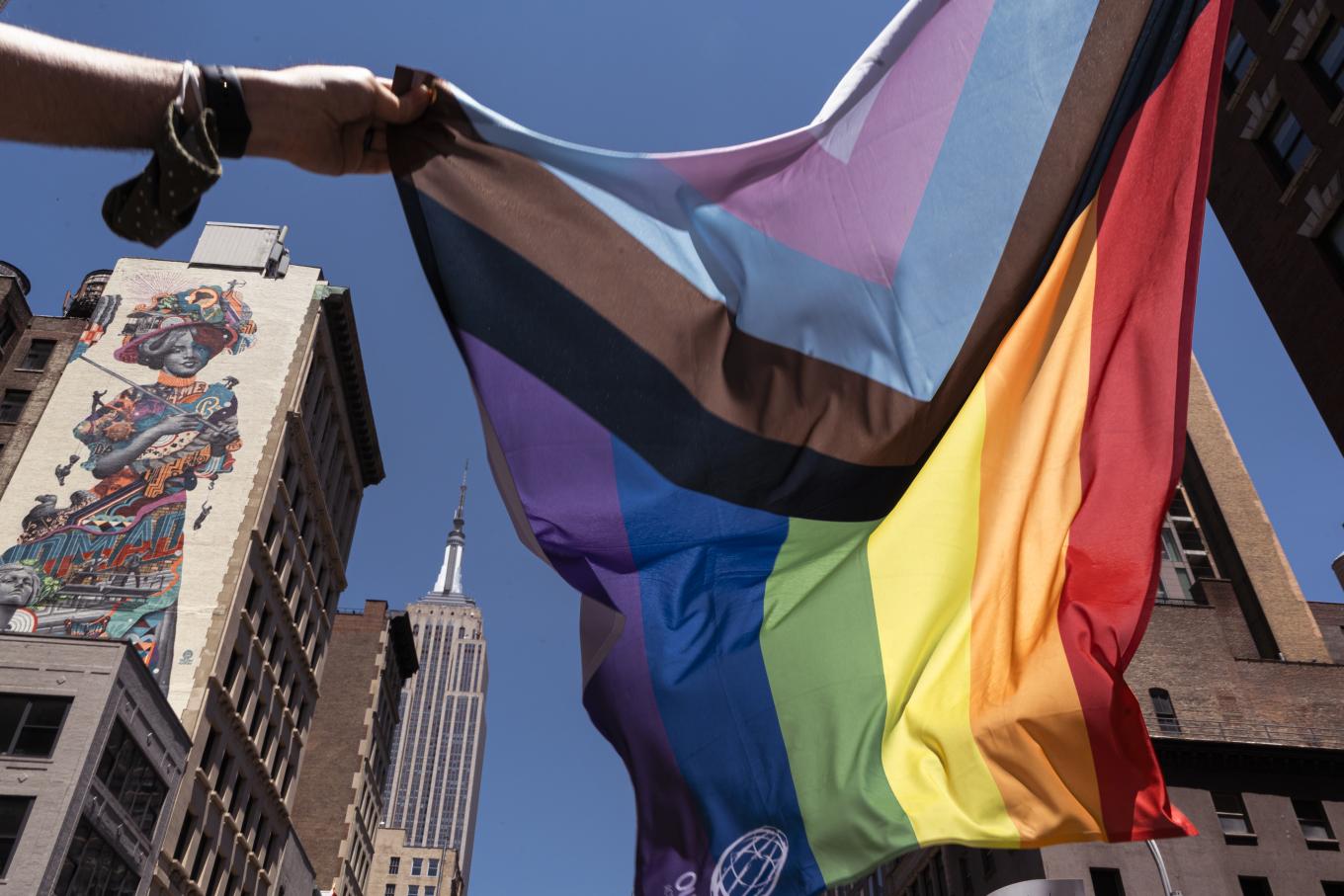
Country Overview
Morocco
At a glance
View more for this country:
Morocco criminalizes same-sex relations under Article 489 of the Penal Code, which prohibits “indecent acts” between persons of the same sex. The law specifically targets homosexual acts, with penalties ranging from six months to three years in prison. It also gives police a wide degree of discretion in enforcement, often leading to arbitrary arrests. According to a 2020 report by the Office of the General Prosecutor, 17,721 adults were prosecuted for engaging in non-transactional sexual relations outside of marriage in 2018, including 170 charged with same-sex relations. Human Rights Watch also reported on a “campaign of online harassment of presumed gay and bisexual men” in 2020. There have been no recorded instances of legal gender recognition for transgender individuals, and changing gender markers on official documents is not permitted. Those who publicly identify as LGBTIQ face significant risks of violence and harassment.
Moroccan authorities consistently block attempts to register or operate civil society organizations that work on the rights of LGBTIQ people. One notable example is KifKif, the first LGBTIQ advocacy group founded in Morocco in 2004. KifKif faced repeated refusals from the government when attempting to register officially, hindering its ability to operate legally within the country. Consequently, in 2008, KifKif relocated its operations to Spain while continuing to support LGBTIQ communities in Morocco. Another example is Association Akaliyat, a community organization advocating for LGBTI people’s rights. It has been striving for official recognition since its initial application in December 2016. However, despite their persistent efforts, Moroccan authorities have consistently denied them registration, effectively preventing the organization from functioning legally within Morocco. While there are no public LGBTIQ organizations operating within Morocco due to legal restrictions, advocacy continues to take place inside and outside of the country. Various Moroccan LGBTIQ individuals, groups, and allies engage in underground movements and diaspora activism.
*Outright research indicates bodily autonomy of intersex people is not respected and protected.
Global Impact
Sub-Saharan Africa
Outright supports LGBTIQ organizations in Sub-Saharan Africa and works with mainstream human rights organizations to respect human rights and influence positive changes in laws, policies, attitudes and beliefs that cause discrimination against LGBTIQ people.
United Nations
Our work at the United Nations centers around advocating for the advancement of the rights of LGBTIQ people.
View this regionAsia
Our work in Asia promotes acceptance of sexual and gender diversity at all levels of society.
View this regionSouthwest Asia and North Africa
In the Southwest Asia and North Africa, we partner with local groups in various countries as part of our international solidarity work. We also work with our local partners on different topics through capacity building, advocacy, research and holistic security.
Europe and Central Asia
Outright International partners with activists to fight for an end to human rights violations based on sexual orientation, gender identity and gender expression in Europe and Central Asia, where most of our work involves emergency responses to harassment, discrimination, violence, and most recently, Russia’s brutal and expanded invasion of Ukraine.
Americas
Our work in the Americas continues to build on the fundamental and positive transformation of human rights protections in recent years. We partner with groups in the Caribbean that focus on ending gender-based violence and eradicating discrimination against trans people.
Pacific
Our work in the Pacific aims to increase the visibility of activists, respond to human rights emergencies, and actively bridge local, regional, and international activism to achieve equality and justice.
Global
View this region
Human Rights Research
Since 1990, we have partnered with activists from all over the world to produce hundreds of groundbreaking reports.
Read Our Reports